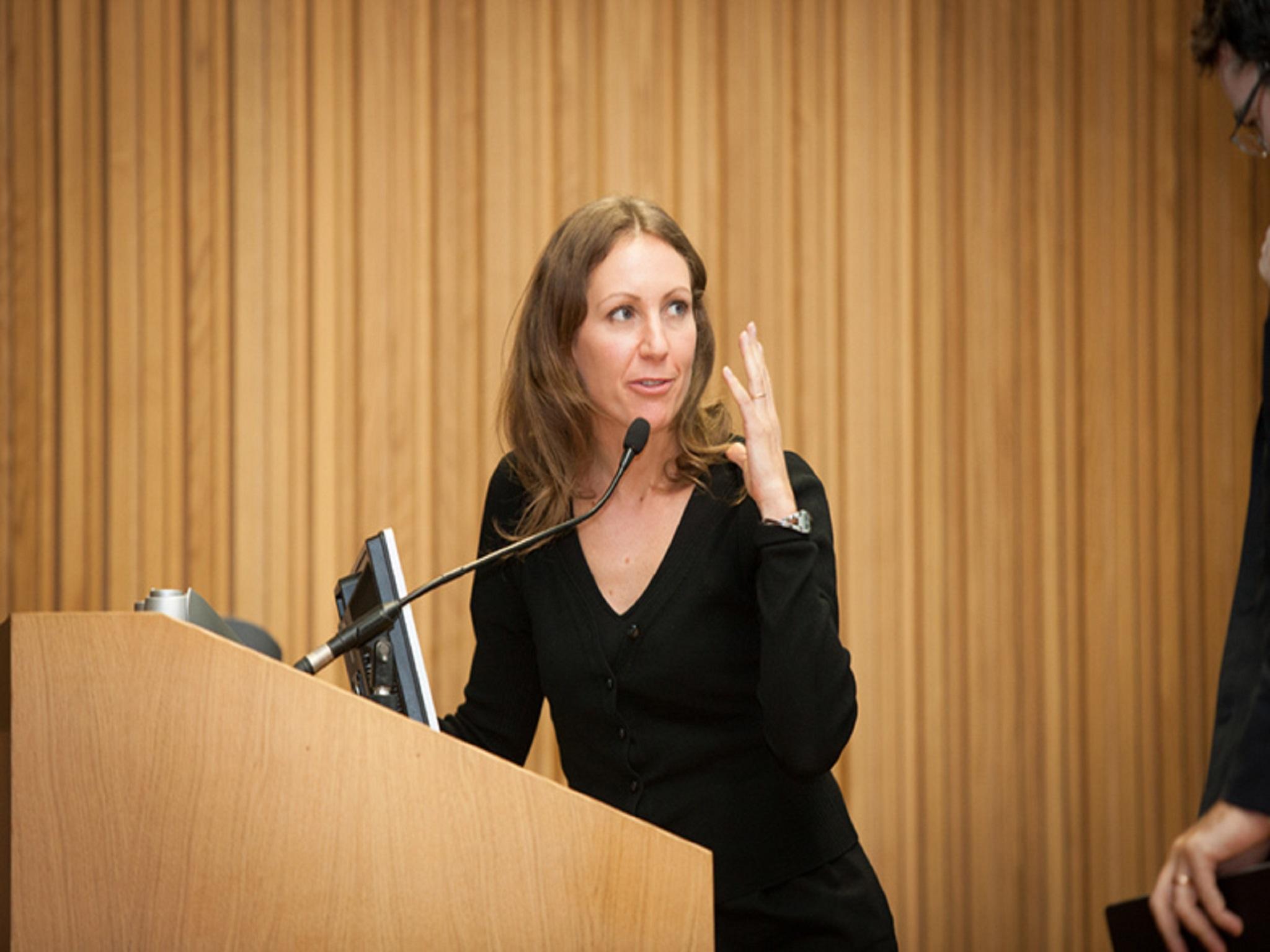Silvana Tenreyro named as newest member of the Bank of England's Monetary Policy Committee
She replaces Kristin Forbes as an external member of the MPC and joins the committee at a time when it is at its most divided on the direction of interest rates in six years

The Treasury has appointed Silvana Tenreyro of the London School of Economics as a new member of the Bank of England’s rate-setting Monetary Policy Committee.
Ms Tenreyro, 43, is currently a professor in the LSE’s economics department, and has published academic papers on areas ranging from the dynamics of the housing market, to monetary policy shocks, to trade flows.
She replaces Kristin Forbes as an external member of the MPC and joins the committee at a time when it is at its most divided on the direction of interest rates in six years.
Three members of the MPC, the highest number since 2011, voted to increase rates earlier this month from 0.25 per cent to 0.5 per cent.
Ms Forbes was among the three, along with external members Michael Saunders and Ian McCafferty, who voted for an increase in the cost of borrowing.
With Ms Forbes’ departure, Ms Tenreyro, who holds British, Argentine and Italian citizenship will also become the sole woman on the MPC.
The deputy governor and MPC member, Charlotte Hogg, resigned in March and is yet to be replaced, meaning that the MPC is currently voting with eight members rather than its usual nine.
“I am confident that Professor Tenreyro will be a strong addition to the MPC, bringing a wealth of economic experience and academic rigour to the Committee’s deliberations,” said the Chancellor Philip Hammond.
The Bank’s Governor Mark Carney said: “Her extensive and varied academic experience – on the monetary transmission mechanism, the dynamics of productivity, trade, housing issues as well as wage dynamics, to name just a few – will be invaluable to the Committee as it seeks to promote the good of the people of the United Kingdom through maintaining monetary stability.”
After studying at the National University of Tucuman in Argentina, Ms Tenreyro acquired a PhD from Harvard and has been teaching macroeconomics and monetary economics at LSE since 2004.
She was also an external MPC member at the Bank of Mauritius between 2012 and 2014.
Her views on economic policy, gleaned from a regular survey of macroeconomists by the Centre for Economics Policy Research, are unconservative.
In July 2015, she said: “Reforming the monetary system to allow negative policy interest rates will equip the [Bank of England] with an additional tool to face potential crises in the future.”
She also said that it was “worth experimenting” with an increase in the minimum wage and that this could help stimulate the wider economy.
Further, she opposed the plans of the former Chancellor, George Osborne, to run a budget surplus by 2020, saying that this consolidation was “too brisk and could hamper a healthy recovery”.
In common with the vast majority of the economics profession, Ms Tenreyro estimated that Brexit would have a negative impact on the UK economy.
“I think it will have a negative impact on the UK economy and Europe more generally,” she told the Financial Times in January.
Elizabeth Martins of HSBC said it was “difficult to tell” which way Ms Tenreyro would lean on the MPC in its current split on rates.
“We would at this stage expect Tenreyro to, at least initially, vote at the more dovish end of the MPC’s spectrum,” said Christian Schulz of Citigroup.
Subscribe to Independent Premium to bookmark this article
Want to bookmark your favourite articles and stories to read or reference later? Start your Independent Premium subscription today.

Join our commenting forum
Join thought-provoking conversations, follow other Independent readers and see their replies